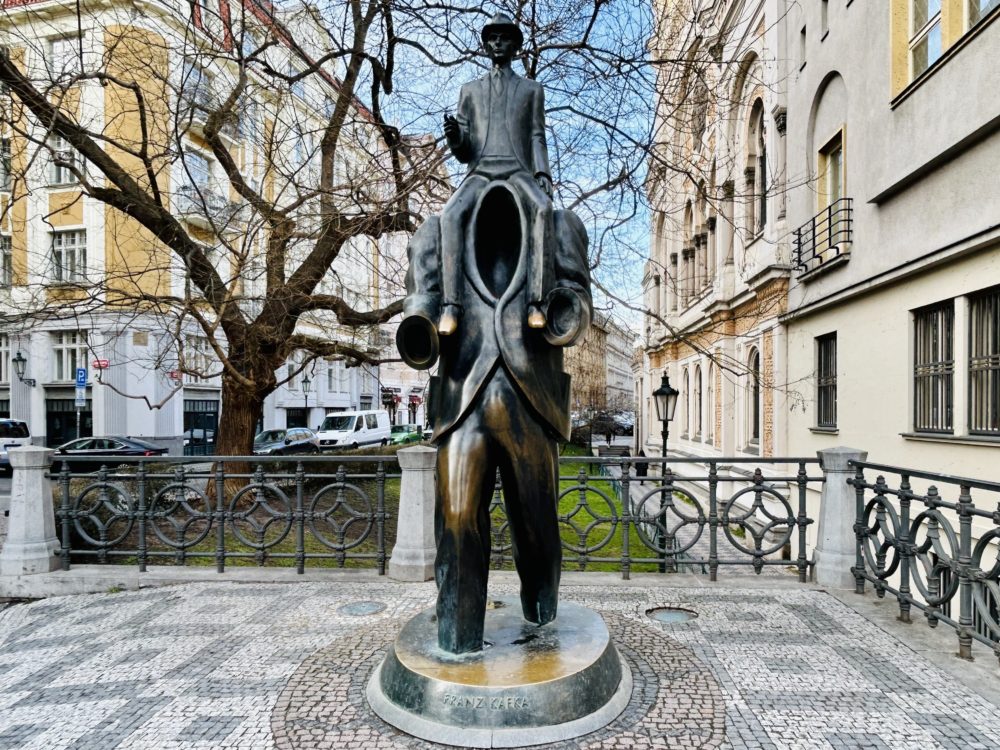Kafka’s writing, often blending elements of realism with the fantastical, has left an indelible mark on modern literature. His most renowned works, including “The Metamorphosis,” “The Trial,” and “The Castle,” delve into themes of alienation, existential dread, and the labyrinthine nature of bureaucratic systems.
Kafka’s professional life was a stark contrast to his literary pursuits. He served as a high-ranking lawyer at the Workmen’s Accident Insurance Institute for the Kingdom of Bohemia in Prague. Despite his success, Kafka felt a profound disconnect between his job and his true calling as a writer, which he described as the “only occupation” he desired.
Tragically, Kafka’s life was cut short at the age of 40 due to tuberculosis. His health struggles were exacerbated by a lifestyle marked by long nights of writing and the stress of his day job. Kafka’s premature death meant that he never witnessed the posthumous fame his work would achieve, thanks to his friend Max Brod, who, defying Kafka’s wishes, published many of his manuscripts.
As we reflect on Kafka’s legacy, we can visit the statue in Prague’s Jewish Quarter, a poignant tribute to the writer. The statue, depicting Kafka riding on the shoulders of a headless figure, is a nod to his story “Description of a Struggle” and stands as a metaphor for the burdens Kafka carried throughout his life.
Kafka’s influence extends beyond literature, touching on philosophy, law, and the human psyche. His stories challenge us to confront the complexities of existence and the often incomprehensible nature of societal structures. Today, we celebrate Kafka not just as a writer but as a visionary who articulated the anxieties of the modern world.













